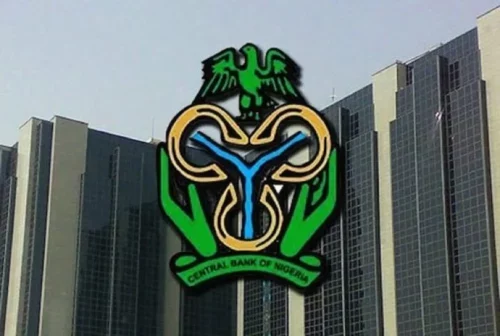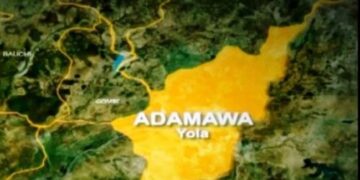The Central Bank of Nigeria (CBN) has introduced new regulations capping daily cash-out transactions for Point of Sale (PoS) agents at ₦1.2 million, while limiting individual customer withdrawals to ₦100,000 per day.
The directive, contained in a new Guidelines for Agent Banking Operations, was signed by Musa Jimoh, the Director of the Payments System Policy Department of the apex bank, and addressed to all deposit money banks, other financial institutions, and payment service providers.
According to the CBN, the new framework, which takes immediate effect, aims to strengthen financial integrity, curb misuse, and safeguard consumer interests within Nigeria’s growing agent banking network.
“PoS agents are restricted to a maximum of ₦1.2 million per day. Individual customers are limited to ₦100,000 in daily transactions.
“These limits are intended to curb misuse, enhance financial integrity, and protect consumers within the agent banking framework,” the circular stated.
However, the apex bank noted that it reserves the right to adjust the limits “from time to time in line with the extant CBN Guide to Charges for Banks and Other Financial Institutions in Nigeria.”
The new framework also mandated that all agent banking activities must be conducted only through dedicated accounts or wallets maintained by their principal financial institutions. The use of non-designated accounts for agent operations is now strictly prohibited, with violators facing sanctions.
To enhance transparency and traceability, the CBN directed that all PoS terminals must be geo-fenced, restricting operations strictly to registered business locations. The bank reiterated its August 25 directive, mandating all PoS devices to be geo-tagged within 60 days, with a compliance deadline of October 20, 2025.
The CBN explained that this move was necessitated by rising cases of fraudulent PoS transactions nationwide.
The new framework also introduces stricter accountability measures. Agents found guilty of fraud, misconduct, or other offences will be held personally liable, face termination, and may be placed on an industry watchlist.
Principals, including banks and licensed payment providers, are now required to publish and regularly update their list of authorised agents on their official websites and in their branches.
Super agents, who are responsible for managing other agents, must also operate with at least 50 agents spread across Nigeria’s six geopolitical zones, ensuring access to financial services in rural and underserved areas.
Furthermore, the guidelines prohibit agents from relocating, transferring, or closing their business premises without prior written approval from their principal or super agent. Any relocation notice must also be visibly posted for at least 30 days to inform customers.
The new rules set out stringent eligibility criteria for prospective agents. Any person or entity with a non-performing loan within the past 12 months, a watch-listed BVN, or a record of financial misconduct is barred from participating in agent banking.
Individuals convicted of fraud, dishonesty, or related offences, as well as those declared bankrupt, are automatically disqualified.
According to the CBN, the move was designed to ensure that only financially stable and trustworthy individuals operate within Nigeria’s expanding financial inclusion ecosystem.
Prospective agents must demonstrate their capability to perform key financial services such as cash deposits, withdrawals, and bill payments. They must also provide all mandatory documentation, obtain relevant authorisations, and, if individuals, be at least 18 years old and of sound mind.
The guidelines further required principals, banks, super agents, and payment service providers to conduct comprehensive due diligence on potential agents, including checks on credit history, criminal background, source of funds, and business address verification.





